Generations Smiles
of Oral Health Means Better Health At Every Age and Every Stage
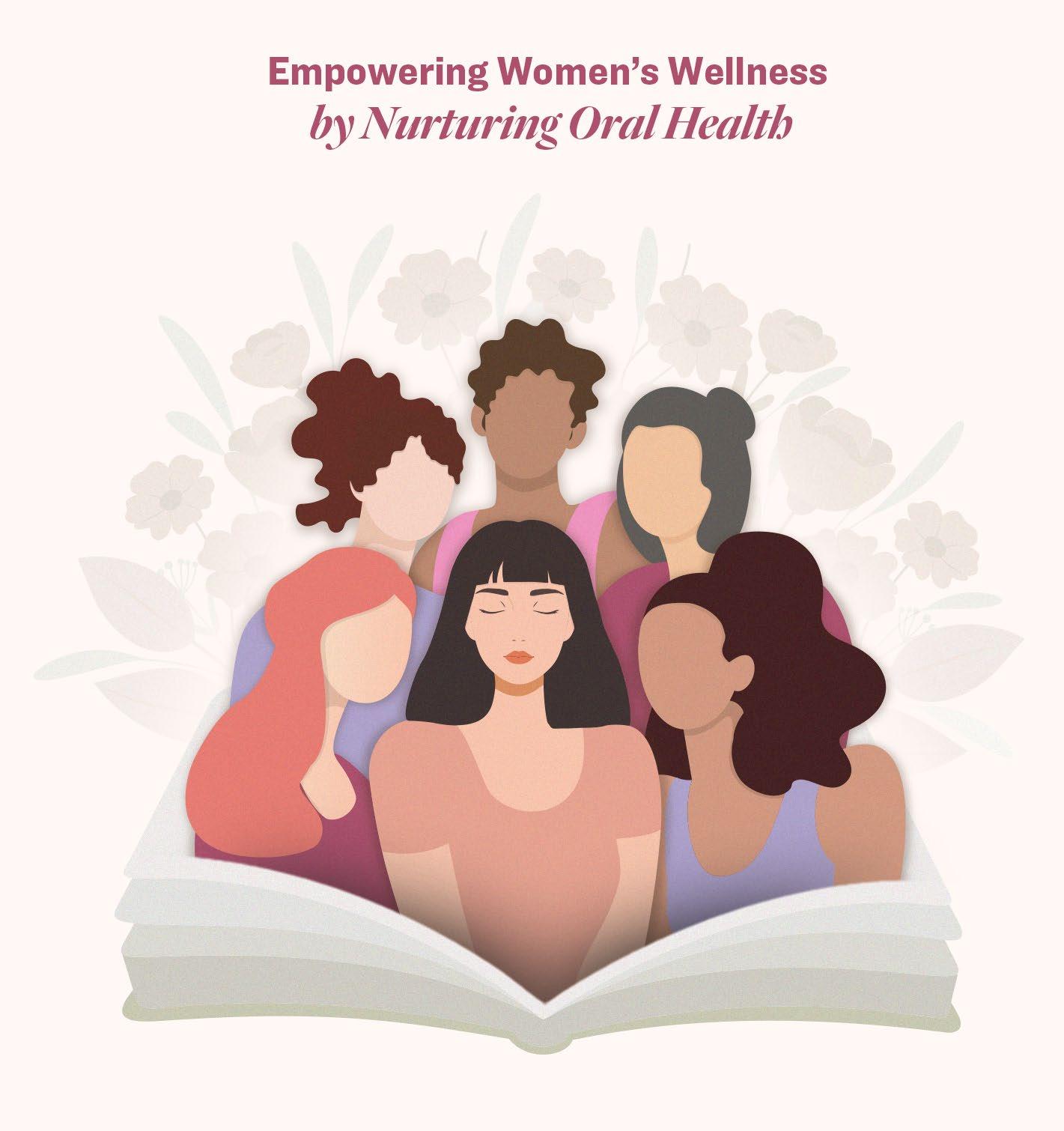
Quality care from sea to shining sea.
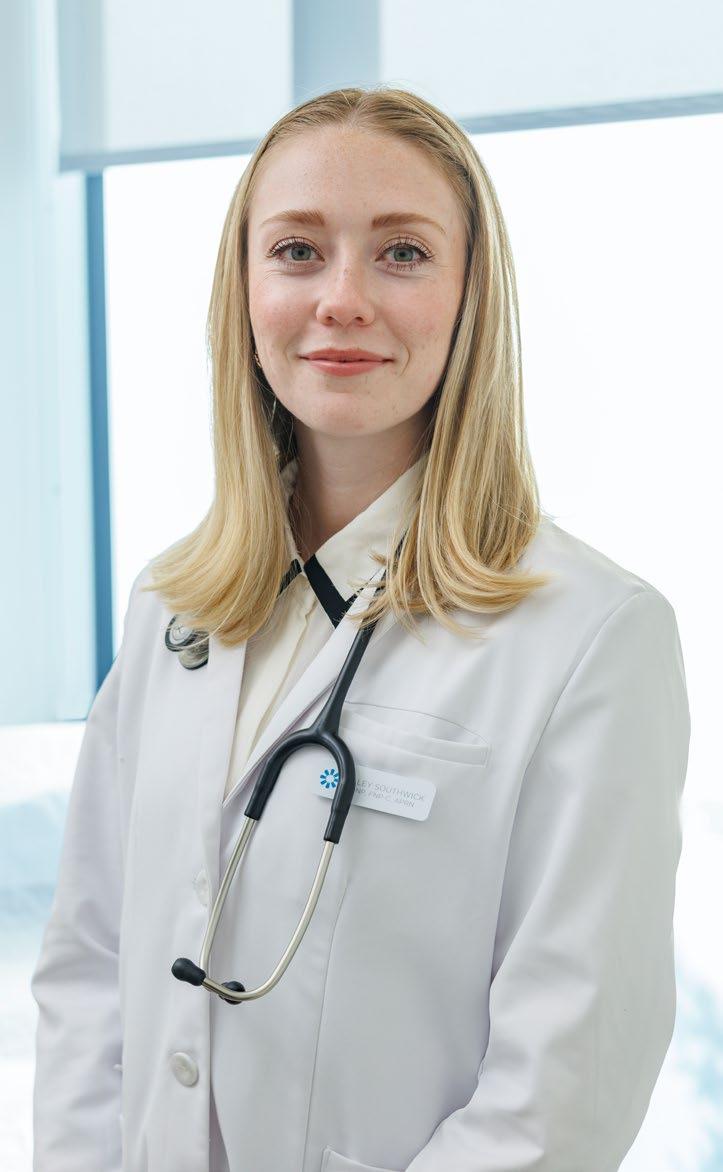
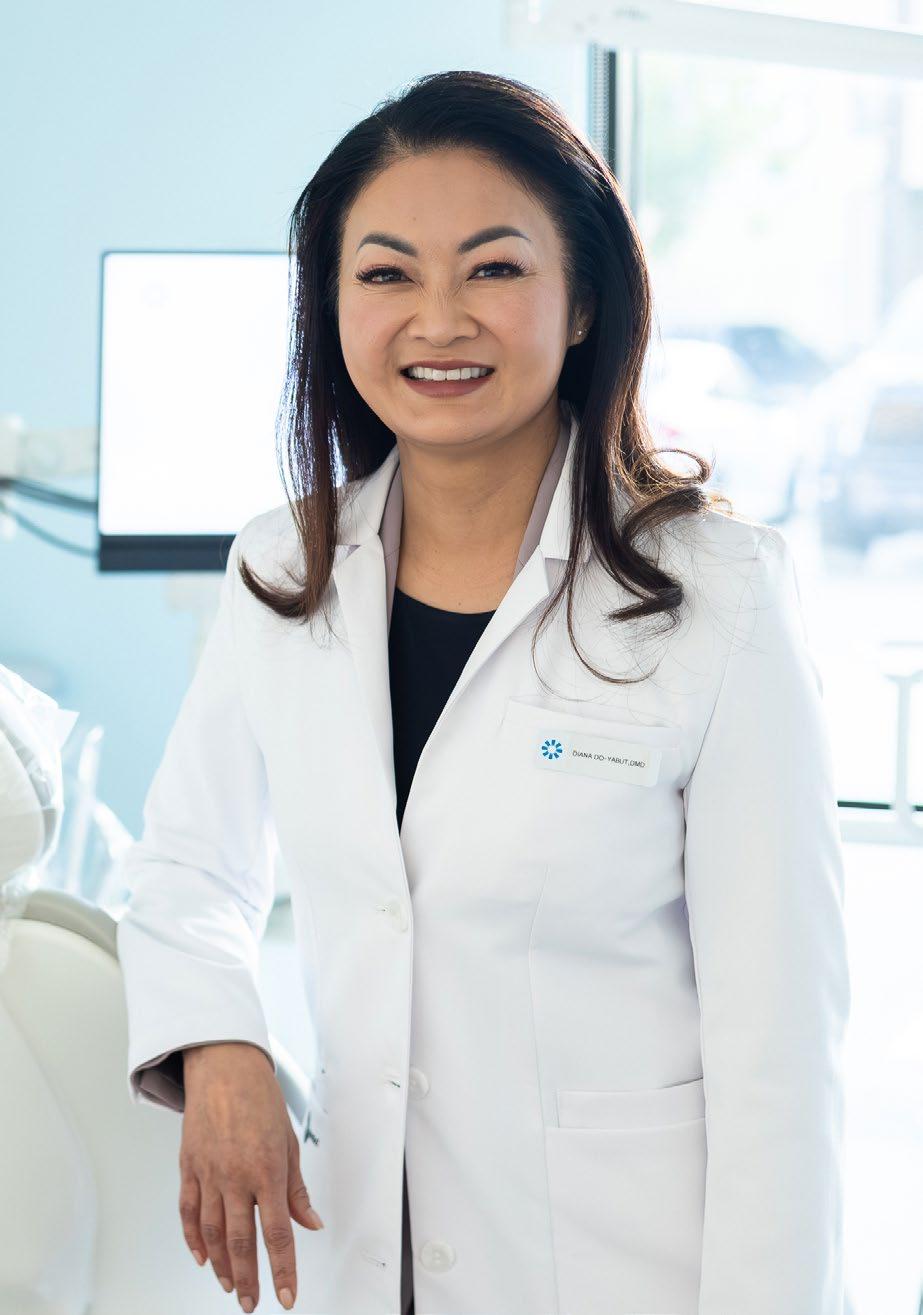










With babies, every new tooth was cause for celebration. Photos were snapped and cold toys were given to soothe sore gums.
When babies lost those primary teeth, the festivities started anew. And, in some households, there were even visits from the Tooth Fairy to mark each amazing transformation.
What many women don’t realize is that childhood is just the beginning of the oral transition story. Menstruation, pregnancy and menopause change their hormones, triggering reactions in the mouth that are every bit as profound as the ones they experienced when they were little kids.
For women who are trying to start a family, such as my colleagues, Dr. Neusha Najafi and Dr. Ashley Abrams, oral bacteria can play a significant role. In this issue, these clinicians share their stories of loss and learning to help other women better understand how the Mouth-Body Connection® supports fertility and healthy pregnancy.
Older women, too, are affected by the Mouth-Body Connection, making it essential to take a proactive approach to oral health. Hormonal changes can take a toll on oral health and are too often overlooked or misunderstood. Older women no longer find coins under their pillows, but the changes occurring in their mouths as they age are no less significant than those during childhood.1
To women of every age: Even if no one else is making a big deal about your teeth and gums, I hope you – and your dentist – continue to do so. Your lifelong oral health deserves a celebration.

Until next time, Dr. Carolyn Ghazal, DDS


Bacteria & Birth: A Personal Story of Loss, Discovery, and Purpose. ft. Dr. Najafi and Dr. Abrams
Two doctors share personal stories of loss and how oral bacteria impacts fertility and pregnancy.
page 06
What Every Woman Over 65 Needs to Know About the Mouth-Body Connection®
Discover how your oral health can unlock a stronger heart, a sharper mind, and vibrant well-being—especially for women over 65.
page 10
Mouth-Body Connection® on Morning TV
Catch this interview (any time of day) with Smile Generation-trusted dentists on The Balancing Act with Montel Williams and Olga Villaverde!
page 13
The Other HPV: What Women and Men Need to Know
Explore the link between HPV and oral health, its risks and how to prevent infections that could lead to oral cancers.
page 14
Drs. Neusha Najafi and Ashley Abrams are pioneering dentists, both of whom run practices focused on the Mouth-Body Connection®. But each endured heartbreaking miscarriages before piecing together the role bacteria plays in pregnancy and pregnancy loss prevention. These two dentists, friends and mothers-to-be recently discussed how saliva screening and oral bacteria awareness opened new doors in understanding their own health – and has changed how they care for themselves, their patients and their future families.
Dr. Najafi : A year after my first miscarriage, we thought we finally were blessed with a baby boy. But, at about 23 weeks, my water broke. I was rushed to the hospital, where the doctor told me I had an infection, and the baby was likely not going to make it. I was devastated. I went from sending out invitations to a baby shower, to the next moment being told that there was no chance.
I had been healthy. I didn’t understand how there was an infection. Around this time, OralDNA testing (a new technology that measures bacteria related to periodontal disease in the saliva) came into the office. And when I did that saliva screening, I was shocked at the results. I had high levels of Fn (Fusobacterium nucleatum, a common oral bacterium associated with various oral and systemic infections) It was not only in my mouth, it was in my bloodstream.

Fn can infect the placenta and cause rupture and premature membrane and pregnancy loss. I am a healthcare professional who takes care of her oral health, regularly brushes, flosses and gets cleanings done.
Yet this contagious bacteria was there at such a high level, that each time I got pregnant, it caused a loss.
I knew I had to share my story.
I think we’re going to see in the future a greater understanding of the role that oral bacteria plays on fertility and pregnancy.

Dr. Abrams: I saw you (Dr. Najafi) speak at a symposium in November 2023, and I felt as though you were talking directly to me. I had a miscarriage at 10 weeks, and I kept wondering, “What went wrong?” After I heard your story, I went back to my office and did an OralDNA test. I hadn’t done one in a few years. We do them regularly in our office, and it’s something I believe in, I just hadn’t made that personal connection. I had eight different bacteria, and they were all high. It’s so easy for us to take care of everybody else, that sometimes we forget to take care of ourselves.
Dr. Najafi: We are taught to treat periodontal disease based on clinical signs. But with the type of technology we have in our practices, we are now able to tell, way before those clinical signs are present, that there is a risk.
So, just because you have no gum bleeding and you’re in good health, you might think you’re in good standing, but the truth could be a shock.

Dr. Abrams: Exactly. After I learned about my Fn and other bacteria levels, I started aggressively treating it. I got my levels down, or so I thought. Then, when I got pregnant again, my office had just gotten the
OralFitnessCheck® (a technology that conducts a saliva analysis of aMMP-8, an enzyme linked to gum disease and other health problems).
My numbers were so high, I didn’t believe them at first. So, it just goes to show, you can have good oral hygiene, you can do your cleanings, but your immune system could still have this response.
Dr. Najafi: Right. Here I am, waterpicking, flossing, doing all of the 20 steps it takes to go to bed at night, assuming that that was enough, and not realizing that everything I’m doing isn’t necessarily targeting this specific bacteria. Once you understand the connection, and that you don’t have to wait for disease to clinically show itself, you can be more proactive. With this revolutionary information, I’m really starting to realize how important the mouth is and how important we clinicians are as a gateway to be able to communicate this information to patients, to understand what they can do to be preventative about their health.
Dr. Abrams: One of the challenges is getting the word out, both to patients, but also to OBs and fertility specialists – and even to dentists. Some dentists don’t realize that research shows most dental treatments are very safe for pregnant women. You can do cleanings, even X-rays. You can use anesthetic. You can do root canals.
You can do crowns. Some dentists are in the mindset of letting “small” things like fillings wait until after the baby is born, but treating any active disease or inflammation is super important. It is going to start with the medical community feeling more comfortable to see these patients and not turn them away.
Dr. Najafi: Yes, education plays an important role here. And what I think we’ve learned through our friendship and our self-discovery is how important it is to have the tools and the education to teach our patients to know more about their bodies.
I think we’re going to see in the future a greater understanding of the role that oral bacteria plays on fertility and pregnancy.
I feel so blessed to have heard from you and heard your story because I believe that together we can spread awareness.

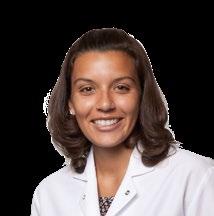
Dr. Ashley Abrams, DDS has been practicing dentistry since 2013 and is passionate about providing exceptional care to patients. A graduate of Loma Linda University School of Dentistry, Dr. Abrams is a member of the ADA, CDA, and Tri-County Dental Society.
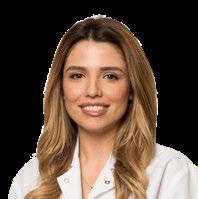
Dr. Neusha Najafi, DDS has 15 years of experience integrating dental care with overall wellness. An NYU College of Dentistry graduate, she is passionate about women’s health, dental-medical integration, and leveraging technology to provide more compassionate care.
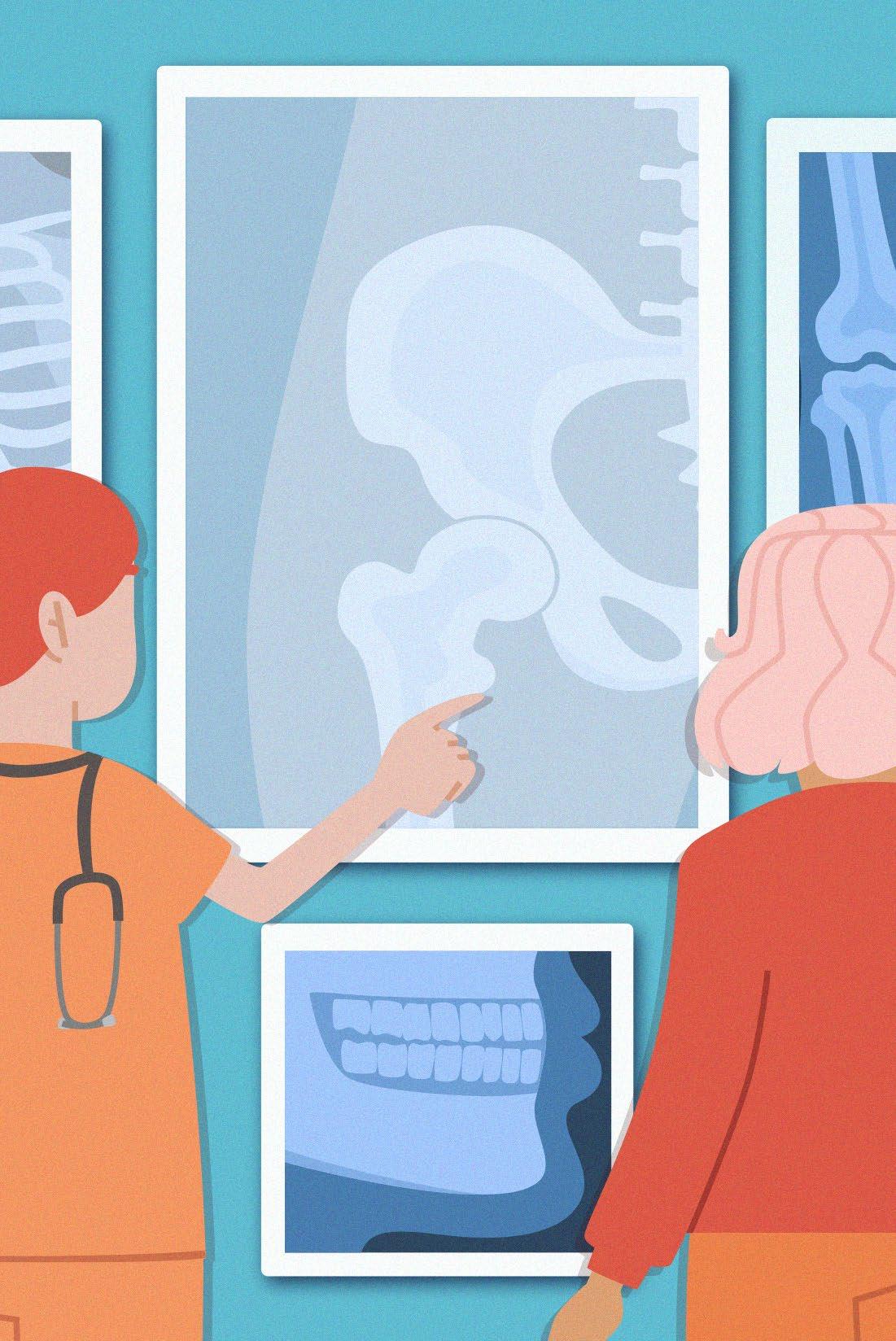
From receding gum lines to dry mouth, women 65+ experience hormonally related shifts in their oral health that affect their overall well-being. We spoke with Dr. Carolyn Ghazal, DDS, to get a better understanding about the oral health issues that older women face – and what women can do to take control of their health.
Q: For women over 65, how does oral health connect to overall health?
A: The number of studies connecting oral health to overall health is staggering. Research has found links between periodontal disease and brain health, cardiovascular disease, diabetes, several types of cancer and more. Taking a proactive approach to achieving and maintaining oral health will make a big difference – especially for people over 65, who run a higher risk of periodontal disease. At various stages in our lives, women might find themselves de-prioritizing their oral health. Whether it’s during pregnancy or the early years of motherhood, life circumstances can interfere with oral health routines.
You especially see this in older patients who neglect their own care while taking care of an ill spouse. It can be difficult to prioritize yourself when you are caring for a loved one, but don’t defer your pending dental needs – doing so could lead to health issues of your own.
Q: We often talk about menopause in terms of hot flashes or bone density, but what should women understand about the impact hormonal changes play on their oral health, including after menopause?
A: Menopause negatively affects periodontal health by up to 60 percent, due to declines in estrogen. So, for example, women often experience a decrease in saliva production after menopause, a condition known as xerostomia or dry mouth, due to the role estrogen plays in the function of salivary glands. Harmful bacteria thrives in the dry environment, significantly impacting a woman’s oral health –and overall health.
It is something that happens in a subtle manner over time. Regular checkups and cleanings at this stage of life can help you combat oral decay, as well as uncomfortable hormone-related conditions such as dry mouth or burning mouth syndrome, which affects up to one-fifth of women over 50.
Q: It sounds as though dry mouth is more than just a nuisance. For older women, especially those on medications for blood pressure, anxiety or diabetes, what are the risks and how can they protect their teeth and gums?
A: It is true that hundreds of medications can cause dry mouth, which can, in turn, impact oral and
overall health. An effective way to protect teeth and gums is to start with great oral hygiene that is meticulous and consistent. Floss. Brush. Use a waterpik. Fluoride also has its place for people who are open to using it.
Minimize sugars and avoid mouthwashes that contain alcohol. This will help with hydration issues. If needed, over-the-counter products such as Biotene also help.
Q: There’s a a growing conversation about the link between periodontal disease and cardiovascular health. For women with a family or personal history of heart disease what role should oral health play in their prevention or care plan?
A: The science is loud and clear about the Mouth-Body Connection® One example of such research suggests that 50% of heart attacks may be triggered by an infection found in the mouth!
Working with dentists and cardiologists who understand the connection can help women take better control of their health. More doctors are starting to understand the link, but there is still a lot of work to be done. Don’t be afraid to bring up your heart health with your dentist and your oral health history with your primary care physician or cardiologist.
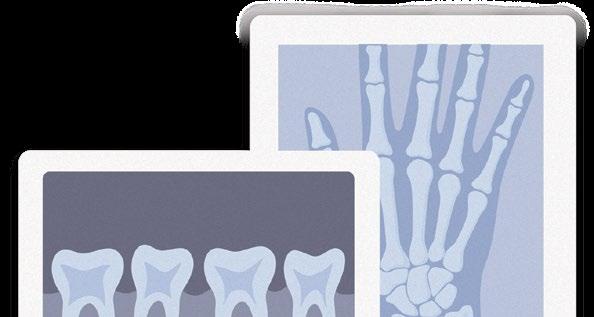
Q: If you could give one piece of advice to a woman in her late 60s who wants to stay healthy and independent as she ages, what would you tell her about her oral health that she might not hear from her primary care doctor?
A: A large portion of the population is interested in a proactive approach to their health – prevention rather than reaction. Prioritizing oral health should be a big part of that: Regular visits to the dentist, proper and consistent brushing and flossing and watching what you eat are all great ways to remain proactive!
The other piece of advice is to communicate: tell your doctor and your dentist about changes in your overall health, medical history and medications. Even if you don’t think the information has an impact on your dental care, it is important that your care providers have all the information, so they provide you with the best care possible.

Dr. Carolyn Ghazal, DDS is a distinguished clinician and chair of GP Platform Development at PDS Health,where she has played key roles for over 30 years. A leader in the National Clinical Council, she is passionate about mentoring others and educating on the vital connection between oral health and overall wellness.




Our bodies function best with the right balance between oral health and overall wellness. Tune in to see Smile Generation-trusted clinicians discuss this Mouth-Body Connection® on The Balancing Act with Montel Williams and Olga Villaverde.
The Importance of The Mouth-Body Connection® Catch the conversation at SmileGeneration.com


By Dr. Deepika Dhama, DDS
The mouth isn’t the part of the human body that typically comes to mind at the mention of human papillomavirus (HPV), the most commonly transmitted infection in the U.S.
We associate HPV more often with warts and cancers of the genitals, thanks to widespread awareness and educational efforts over the years focusing on preventing the spread of HPV. Because it’s not discussed often enough or people are embarrassed or too uncomfortable to talk about it, a lot is unknown about the connection between HPV and the mouth. What you may not be aware of is that HPV can be transmitted through oral sex and cause infections in the mouth and throat.
These types of infections can resolve over time and show no symptoms. But in rare cases, the infections persist and can lead to
oropharyngeal cancers—those located in the back of the mouth, including the base of the tongue and tonsils. Cancers in the mouth and throat usually take years to develop after the initial infection.1 It’s important to be aware of these because oral cancers are on the rise in the U.S. In fact, oropharyngeal cancers have surpassed cervical cancer as the most common HPVassociated cancer, according to the Centers for Disease Control and Prevention. 2
Studies have found an association between HPV infection and the presence of gum disease—periodontitis in the mouth.3
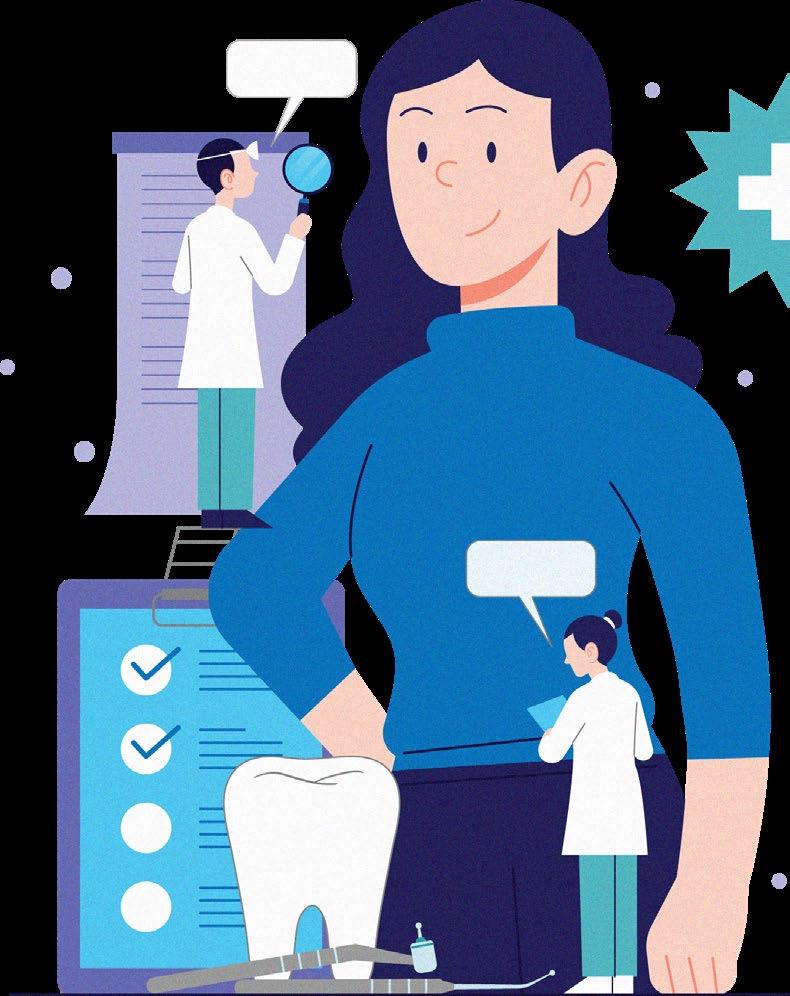
If your gums are inflamed, they may make your mouth more vulnerable to HPV. If you have any kind of dental treatment that's been done recently and there is damage in the gums, that may become an entry point of HPV. Not being aware of these can impact you and lead to oropharyngeal cancer.
Symptoms of oropharyngeal cancer can include hoarseness, persistent sore throat, swollen lymph nodes, pain when swallowing, earaches and unexplained weight loss. But sometimes, there are no symptoms.1 It’s especially important for women—and young men, as well— to be aware of the link between oral sex and HPV so they can take preventive measures.
• Routine vaccination is recommended at 11 or 12 years old but can be started at 9. The vaccine works best before exposure to HPV.
• If you’re not yet 26 and weren’t adequately vaccinated when you were younger, you can get vaccinated. The vaccine does not treat existing infections but prevents new ones.
• Use an antibacterial mouth rinse after oral sex.
• Using a dental dam can help reduce the risk of passing along HPV.
• Don’t vape, smoke or chew tobacco, which can harm your teeth and gums, increasing your risk of periodontal disease.
• Talk to your dentist about protecting yourself from oral HPV.
• Maintain regular good oral hygiene.
HPV is thought to cause of orophar yngeal cancers in the U.S. 70 %
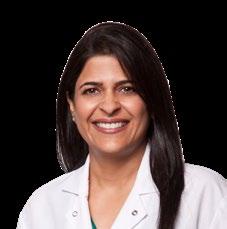
Dr. Deepika Dhama, DDS is a seasoned clinician with nearly 30 years of experience and a leader in dental-medical integration (DMI). As the owner of a practice in Southern California, she combines advanced diagnostics, digital technology, and interdisciplinary care to improve health outcomes.
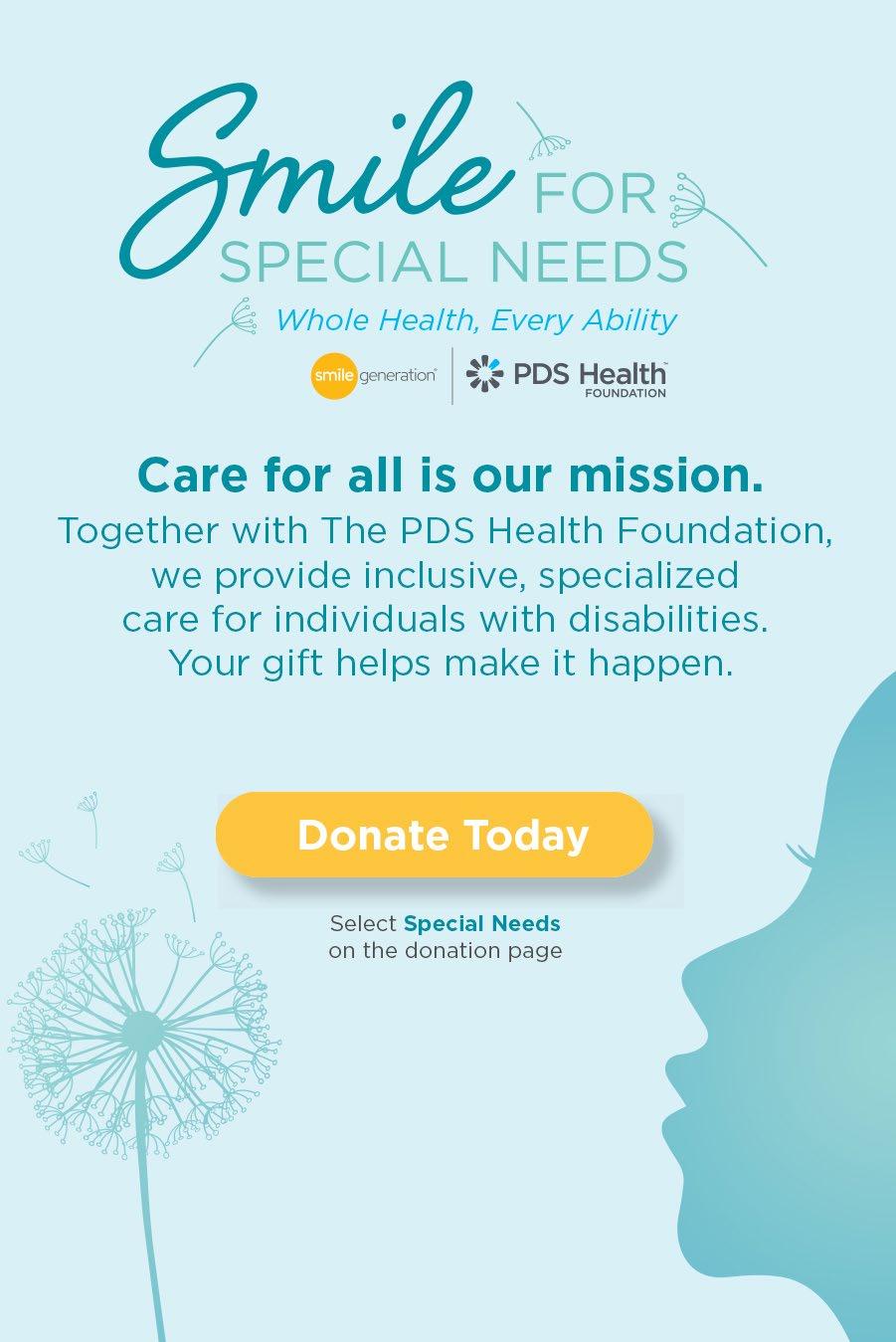

Smile Generation Magazine LET'S DO THIS AGAIN! Smile Generation exists to connect you with trusted dentists in your area and to offer education on the critical link between oral and overall health. We’d love to know what you think of our magazine.
1. Periodontitis prevalence in adults ≥ 65 years of age, in the USA
1. Poor oral health may contribute to declines in brain health
2. How plaque on your teeth may be connected to plaque in your arteries
3. Diabetes and gum disease
4. Oral health problems may raise cancer risk
5. About Periodontal (Gum) Disease
6. Oral Health and Menopause: A Comprehensive Review on Current Knowledge and Associated Dental Management
7. Xerostomia – A Comprehensive Review with a Focus on Mid-Life Health
8. Burning Mouth Syndrome Affects Women at Much Higher Rate
9. Dry Mouth
10. Oral health education strategies for patients living with cardiovascular disease within hospital settings: a scoping review
1. CDC: HPV and Oropharyngeal Cancer
2. CDC: Cancers Linked with HPV Each Year
3. Systemic Diseases, “Is Human Papilloma Virus Infection Linked to Periodontitis? A Narrative Review,” January 2019